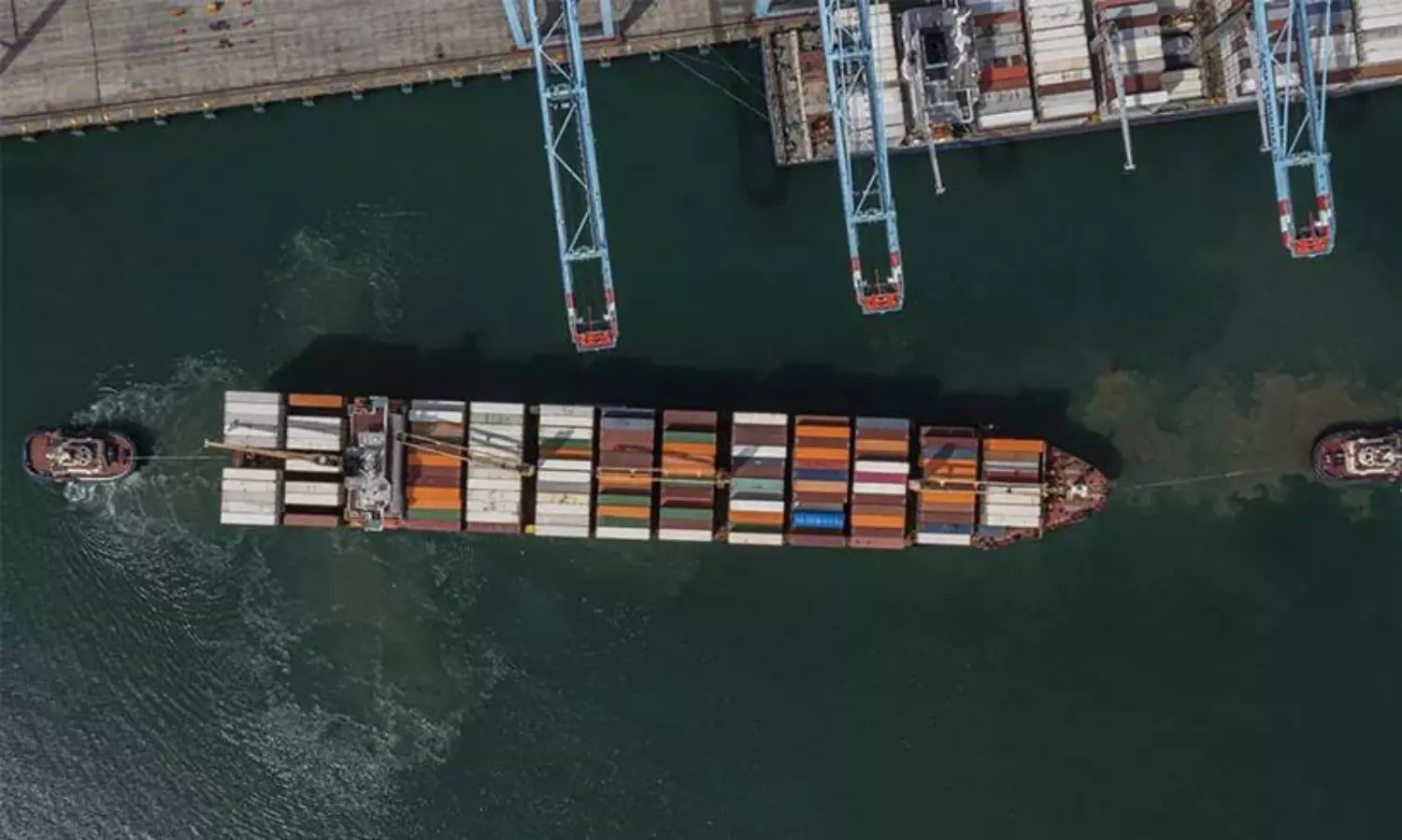XSI drops to 148pts in January, lowest since April 2021
"Shippers will be reluctant to commit to long-term rates during the height of disruption due to the Red Sea crisis."

The latest XSI figures show the average of all valid long-term contracts fell 6.2 percent in January. At 148 points, the index is at its lowest level since April 2021.
"However, news of a drop in the XSI will be of little comfort to the many shippers who have been told some of their existing contracts will not be honoured due to the Red Sea crisis. A recent poll of Xeneta customers revealed almost two-thirds are being forced into facing new surcharges or being pushed onto the FAK market.
"With negotiations on-going between shippers and suppliers on rates and applicable surcharges, only a minority have signed new long-term rates in January."
The XSI is the average of all long-term rates in the market - therefore the index drop in January is more likely caused by the expiry of contracts signed back in Q42022 at higher rates rather than shippers putting pen to paper on agreements at lower rates in the past month, the update added.
"Shippers will be reluctant to commit to long-term rates during what is likely to be the height of the disruption caused by the Red Sea crisis.
"The spot market development suggests rates on major trades affected by the Suez Canal diversion, such as the Far East into Mediterranean and North Europe, will peak in early February. However, this is a far from normal market.
XSI Far East
The XSI for Far East exports fell 7.5 percent in January, bringing the index down to 135.4 points. December 2020 was the last time this index fell below 140 points.
"The longer sailing time around Africa means ships were late returning to the Far East from previous sailings to Europe and the U.S. East Coast, forcing carriers to cancel scheduled services.
"Uncertainty around which services will actually run has been one of the driving forces behind rapidly increasing spot rates with shippers unsure of what capacity would be offered, scrambling to secure space - even if it meant doing so at a much higher rate.
"The post Lunar New Year slowdown in exports will provide a much-needed opportunity for carriers to reset. While they will likely continue to sail around Africa for the foreseeable future, they can build these longer transit times into new schedules, giving shippers and others clarity as to what they can reliably offer as the crisis continues."
XSI Europe
The biggest drop across the XSI indices in January was for European imports when it declined 18.4 percent to 143.8 points.
"European importers and exporters are some of the hardest hit by the Red Sea crisis. Several big shippers have been forced to halt production in factories as the delays meant they didn’t have the required inputs. It is now more than six weeks since the crisis escalated in mid-December and shippers are beginning to adjust to the new transit times. No doubt this will focus on lowering freight costs after paying higher rates to secure volume commitments in the earlier weeks of the crisis."


